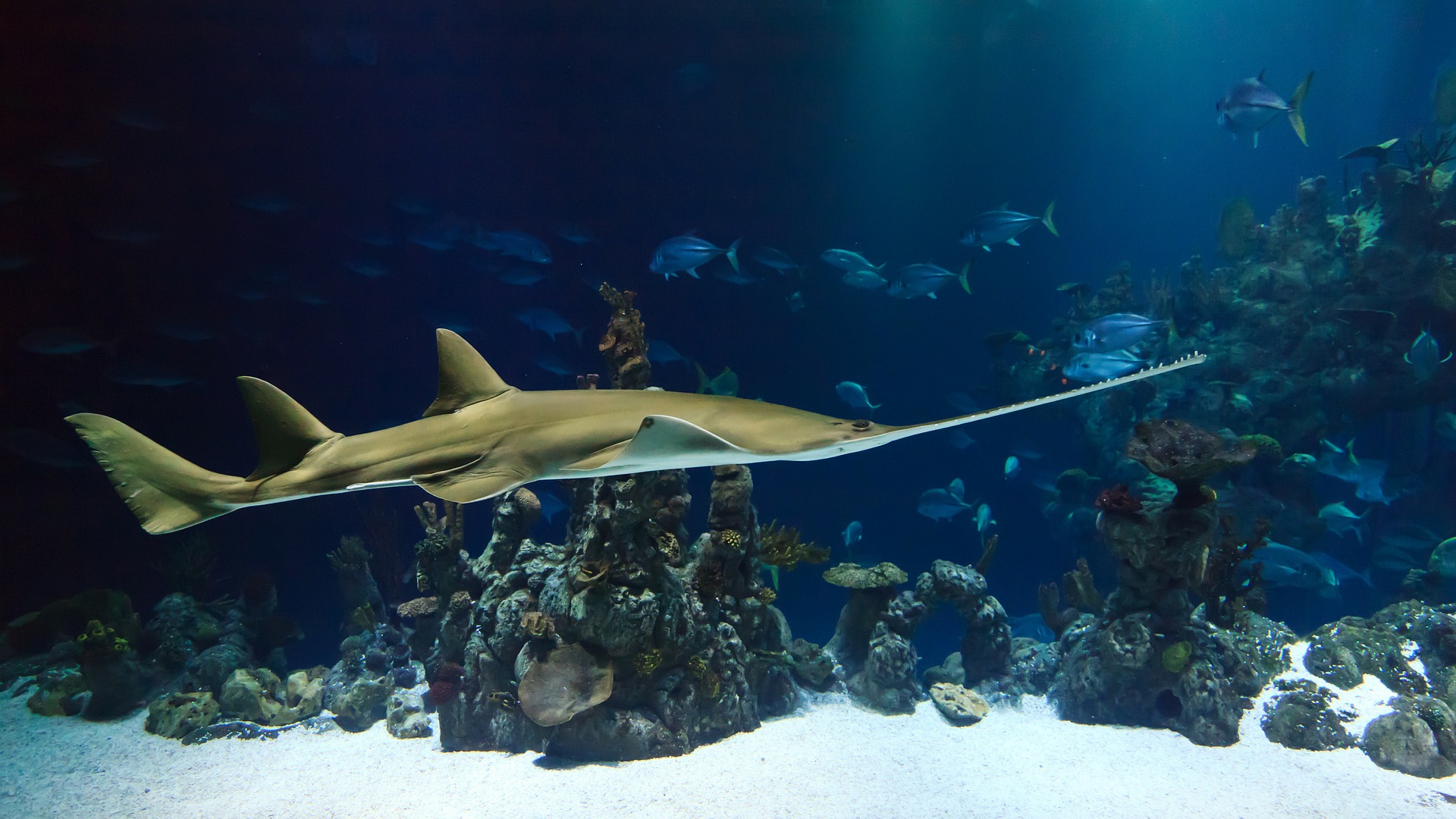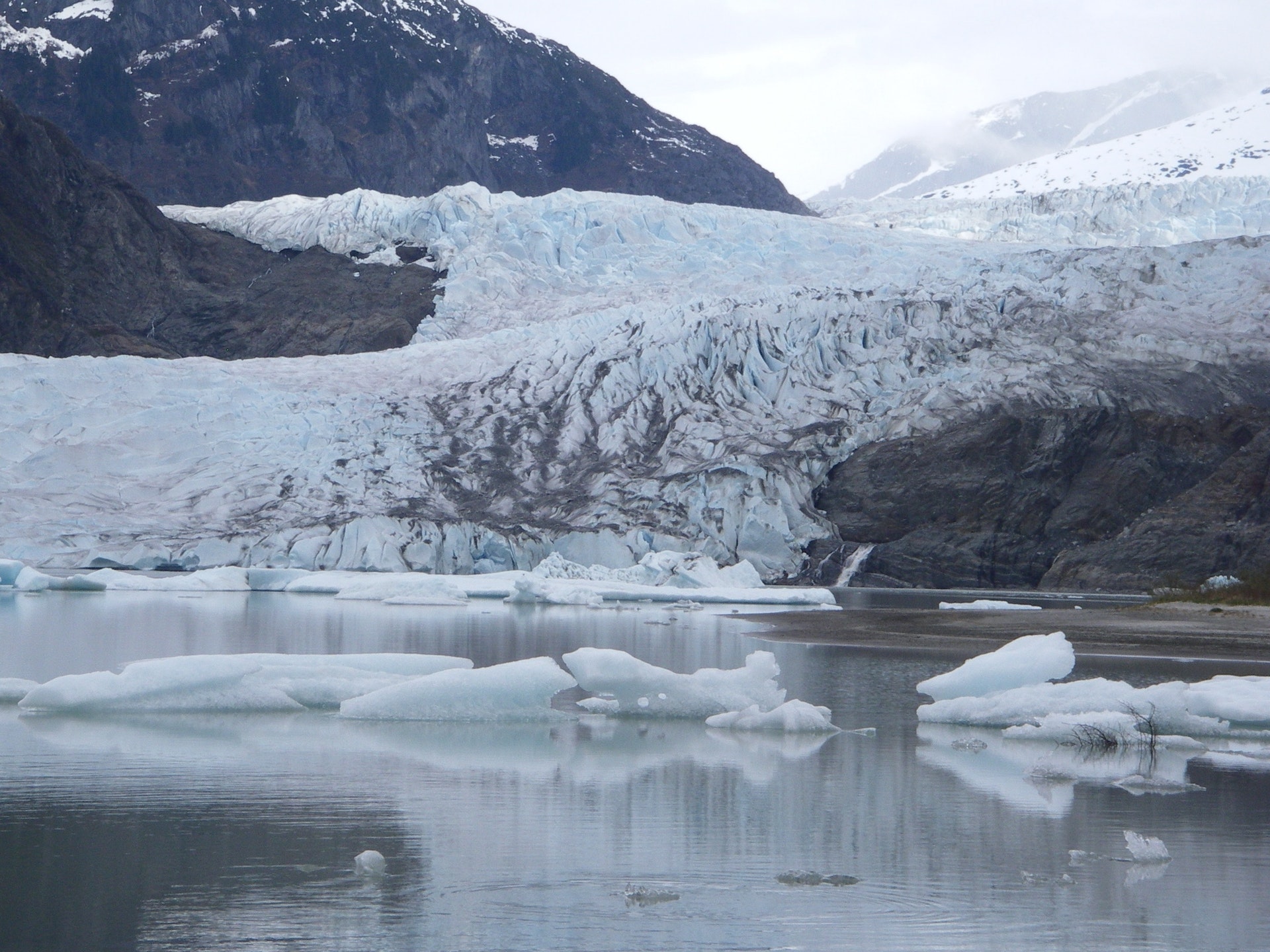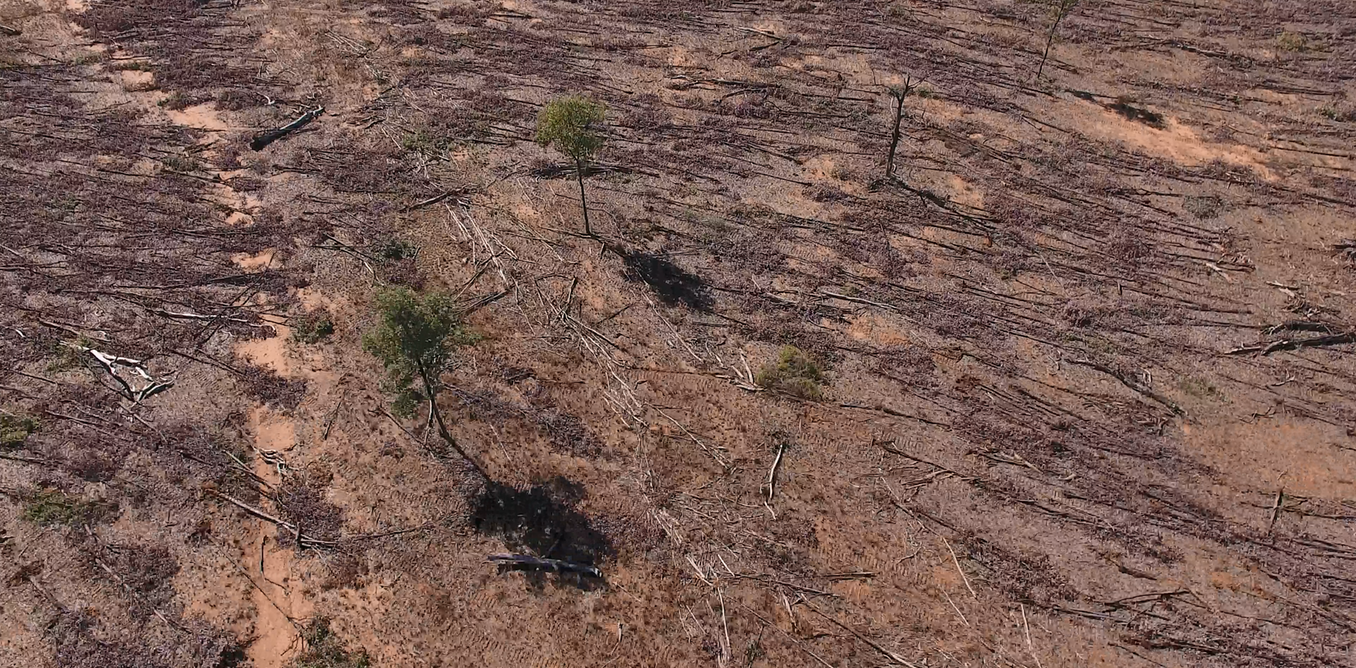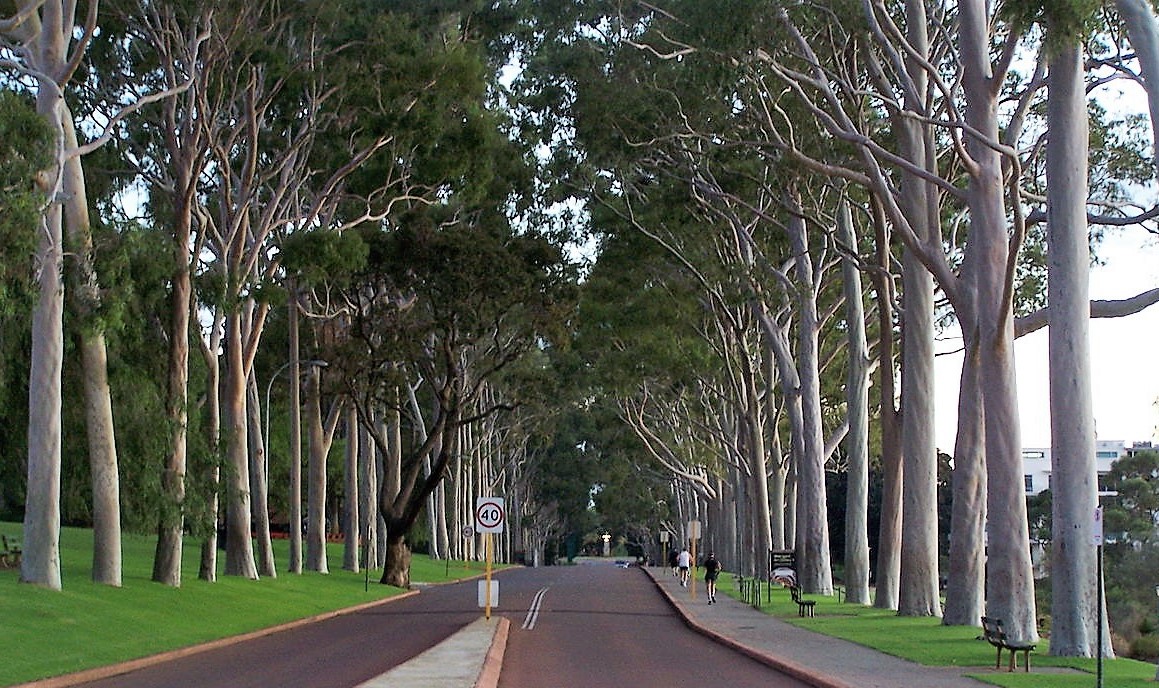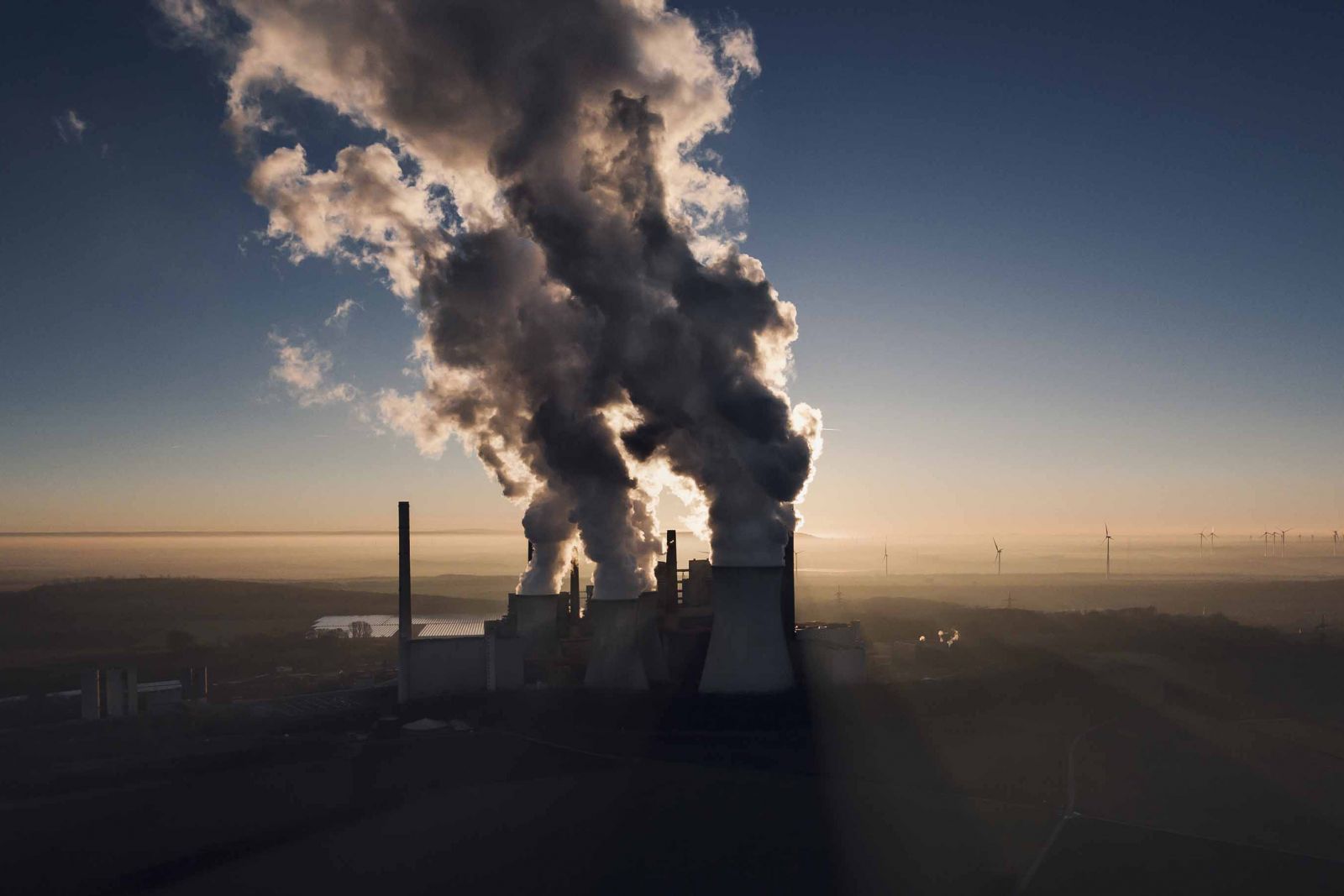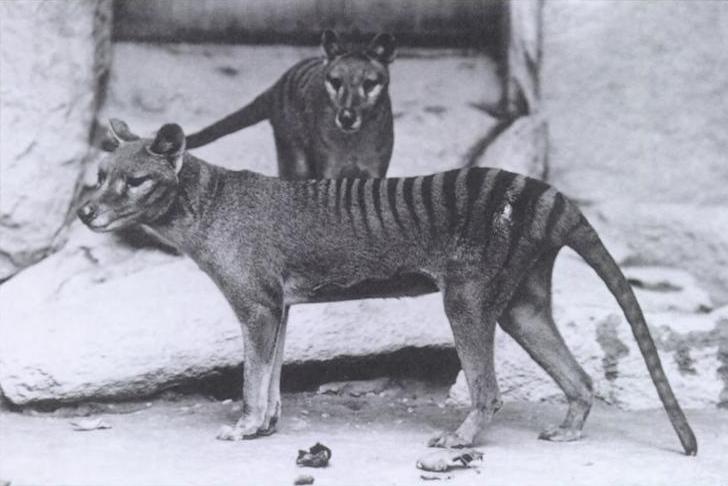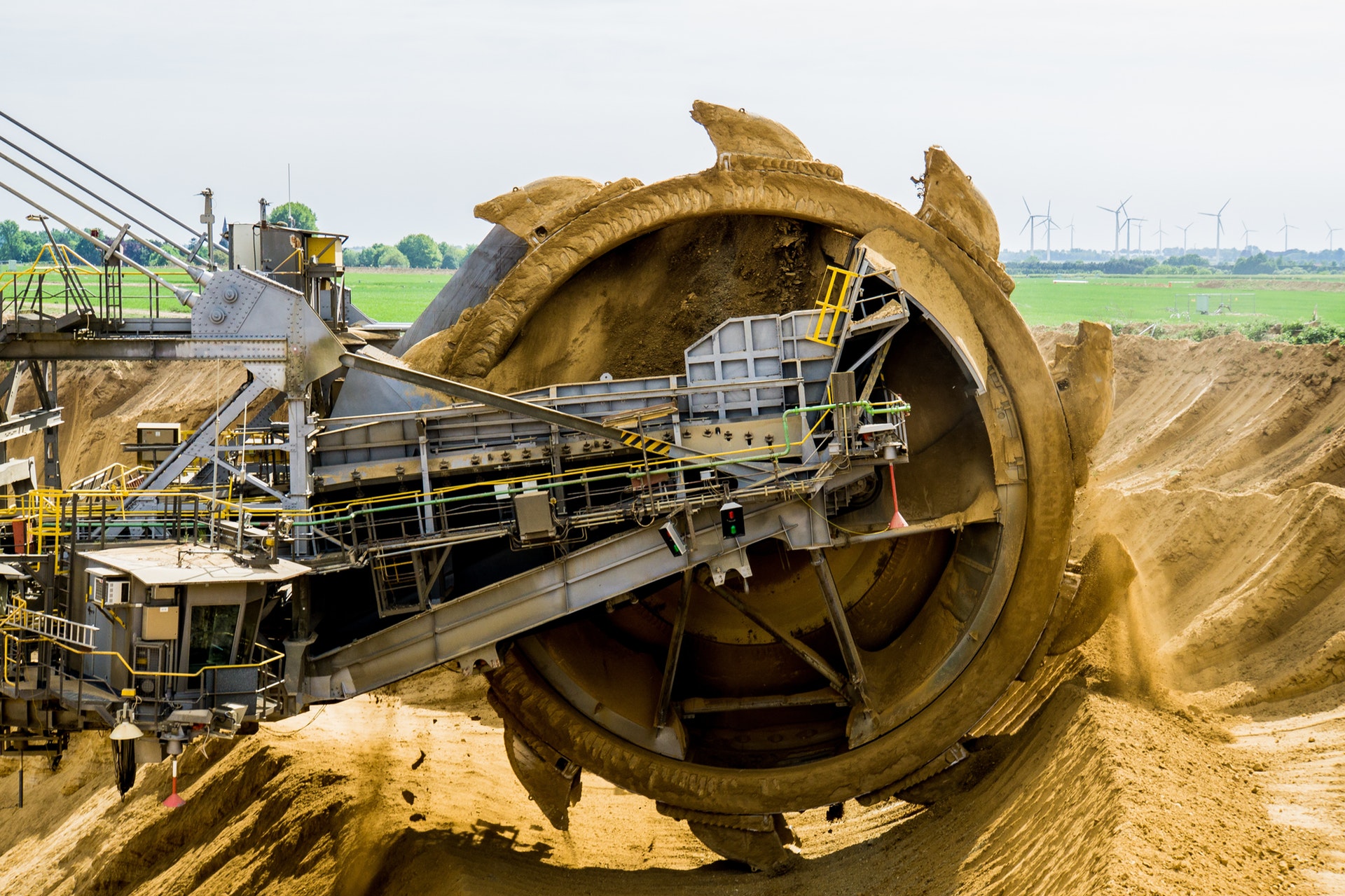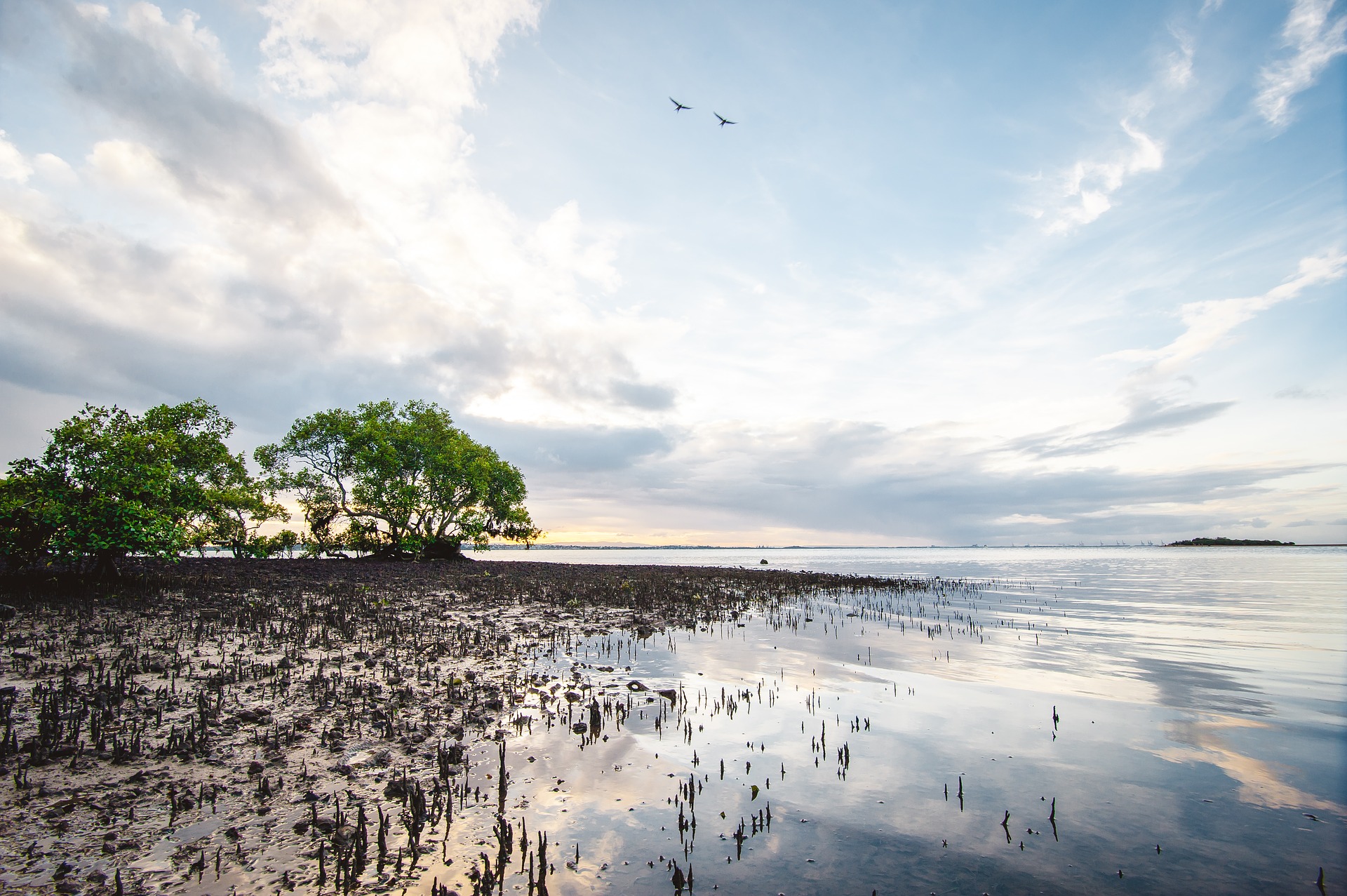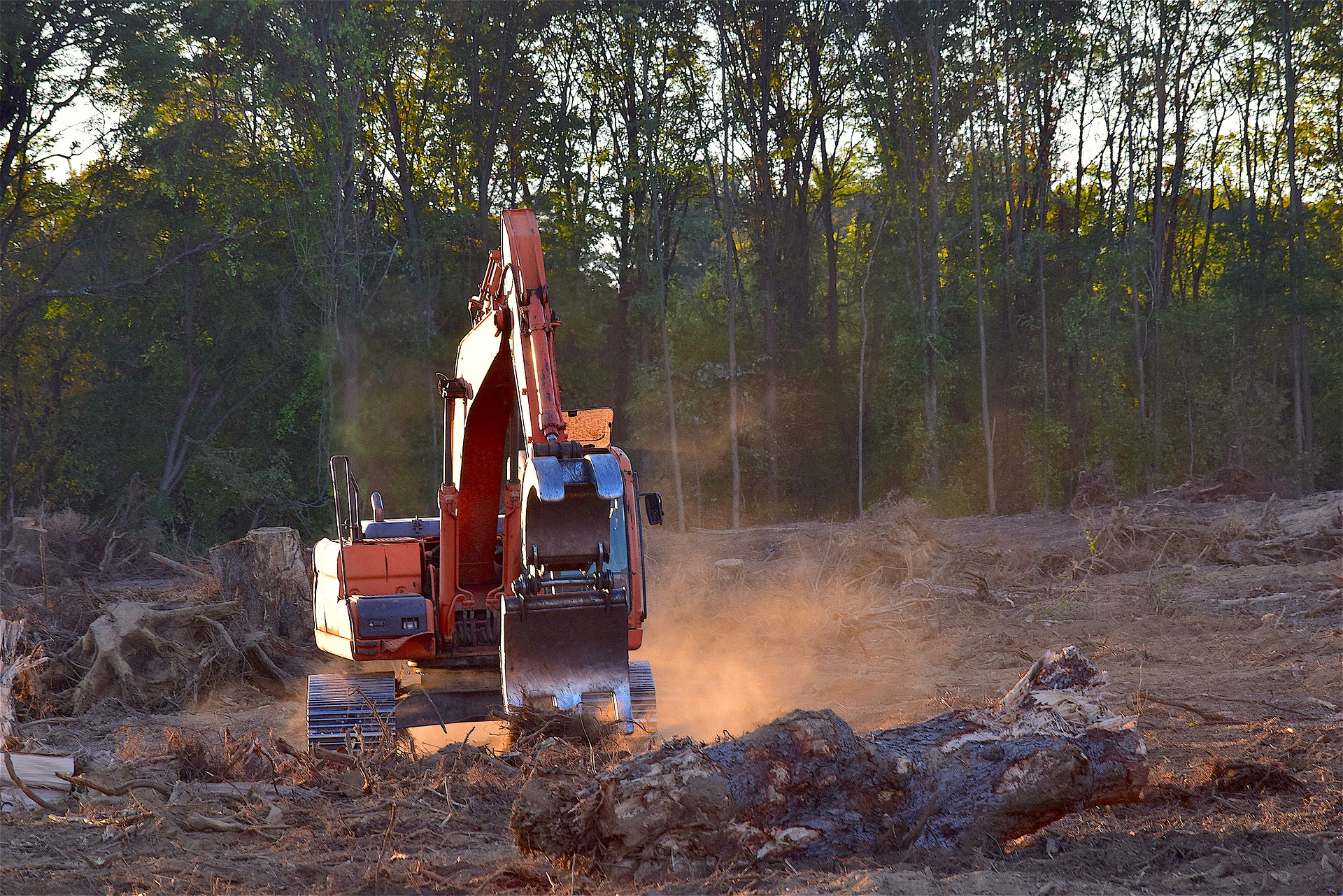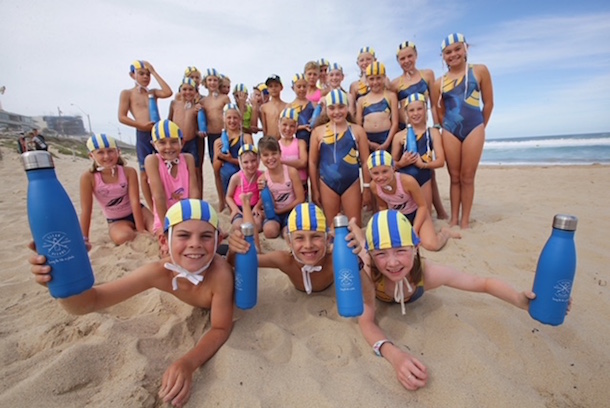-
Protected reefs help shark numbers recover
Emma Chadwick | March 28, 2018While shark populations around the world are in decline, ground-breaking research has revealed why reef shark numbers are returning to a coral reef off Australia.
-
The burning question for Australia’s politicians
Graeme McLeay | March 24, 2018Bushfires threaten lives, property, wildlife and public health and will only intensify in number and severity as global warming continues. When will Australia’s politicians admit the link between bush fires and climate change and pursue real measures to mitigate it?
-
What is happening in the Arctic?
Annika Dean | March 23, 2018While North America shivers, the Arctic has experienced soaring winter temperatures for the fourth year in a row. Such extreme weather events will only intensify unless there is a rapid and deep reduction in rising greenhouse gas levels.
-
Will Queensland’s new land clearing bill save the state’s trees?
Anita Cosgrove | March 22, 2018Will new legislation in Queensland slow rampant land clearing or will farmers and landowners continue to ignore the law or exploit loopholes to raze more of Australia’s fast disappearing forests?
-
How forests support sustainable cities
Bob Gordon | March 21, 2018While the plight of the Amazon and other tropical forests threatened by clearing and plantations draws headlines, International Forests Day stresses the importance of trees to the world’s conurbations too.
-
Global science leaders call for greater action on climate change
Open Forum | March 20, 2018The Australian Academy of Science has joined Commonwealth of Nations science leaders from around the globe to call on the Commonwealth Heads of Government to use the best available science to guide action on climate change.
-
Nine ways to fix Australia’s draft ‘strategy for nature’
Bek Christensen | March 18, 2018Despite its ‘green’ image, Australia has a woeful environmental record and the Federal Government’s draft conservation strategy will do little to protect our fragile natural environment. Australia’s Ecological Society offers 9 ways to improve the proposed policy before it is too late.
-
Yes, kangaroos are endangered – but not the species you think
Karl Vernes | March 17, 2018While our iconic large kangeroos are safe from extinction, many smaller and lesser known species are threatened by cats, foxes and mass scale habitat destruction.
-
Australians want community consent on new mining developments
Emily Lehmann | March 15, 2018A new national survey on citizen attitudes toward mining shows that three-quarters of Australians think mining companies should gain consent from local communities before development.
-
The left shouldn’t own the green agenda
James Alexander | March 14, 2018Although green issues are often seen as the province of the left, James Alexander argues that conservation and respect for the natural world should lay at the heart of true conservative values.
-
Why don’t environmental laws prevent deforestation?
Samantha Hepburn | March 10, 2018Despite its ‘green’ image, Australia has some of the worst rates of deforestation in the world, exacerbating climate change and the loss of biodiversity. We need better laws, and stronger enforcement, to protect our precious natural vegetation.
-
Nippers turning the tide: getting plastic off our beaches for good
Emma Johnson | February 26, 2018A new campaign from Surf Life Saving NSW and Clean Oceans Australia has been launched this February to engage Nippers in getting plastics off our beaches.

